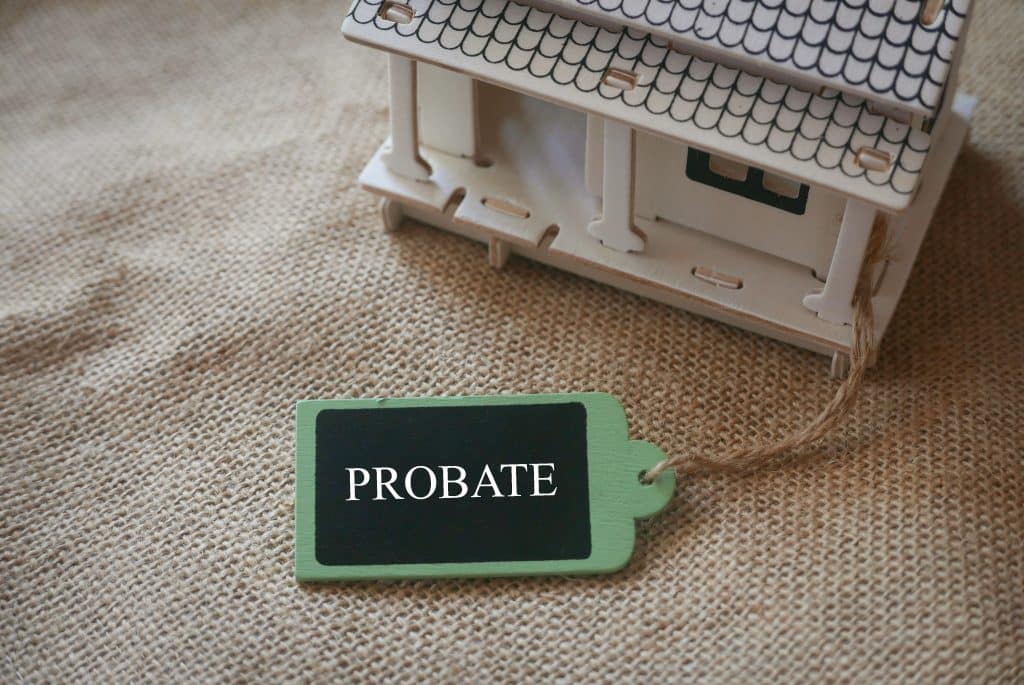
How can executor disputes arise?
Disputes can arise during the course of an Executor dealing with and administering an estate. They may arise between the Executors themselves or between Executors and beneficiaries. Typical examples of disputes can include:
- Fraud – an Executor may be abusing their appointed power and may be intentionally breaching their obligations set out in the will.
- Negligence – some estates may prove to be very complex when it comes to its administration and this may result in an Executor’s negligent breach of the terms of the will.
- Tension – in dealing with the administration of a deceased’s estate, emotions can often take the forefront which can result in a lot of frustration and ultimately conflicts.

How can executor disputes be resolved?
Often, it can be possible to resolve such disputes by instructing solicitors to help through this difficult time as it may be a simple misunderstanding of the whole process. The last resort between the parties should be to issue court proceedings as this can make matters more stressful at this time and ultimately result in unnecessary or excessive costs.
However, if it is not possible to resolve these disputes then court proceedings may prove necessary and the Court have jurisdiction to deal with any problems that have arisen.
If you are dealing with Executors who are in possession of the deceased Will and they are preventing another Executor from applying for the Grant of Probate, the Court can enforce the Executors to deliver the Will to the other Executor who is willing to apply for Probate.
Removing an Executor
If a Beneficiary in a will believes that an Executor is not dealing with the estate in an appropriate manner, the court can have the Executor replaced by an independent third-party Executor. If the Executor is not replaced, the Court also have the power to ensure that the Executor provides an inventory of the assets of the estate and the full accounts relating to the administration of the estate.
How to avoid executor disputes arising
Executor disputes can be avoided by maintaining regular communication between all of the Executors. It is important for the Executors to favour a course of action that will be the best outcome for the Beneficiaries.
It is always important to choose who you would like to act as your Executor in your will. Appointing family and friends may seem like the best option but sometimes it is not always the most sensible idea and a professional executor should always be considered.
If you require advice about your rights in relation to this or are currently experiencing problems with an Executor, please contact a member of our expert probate team who will be happy to assist.

Book Your Free, No-Obligation 20-Minute Consultation Today!
"*" indicates required fields


